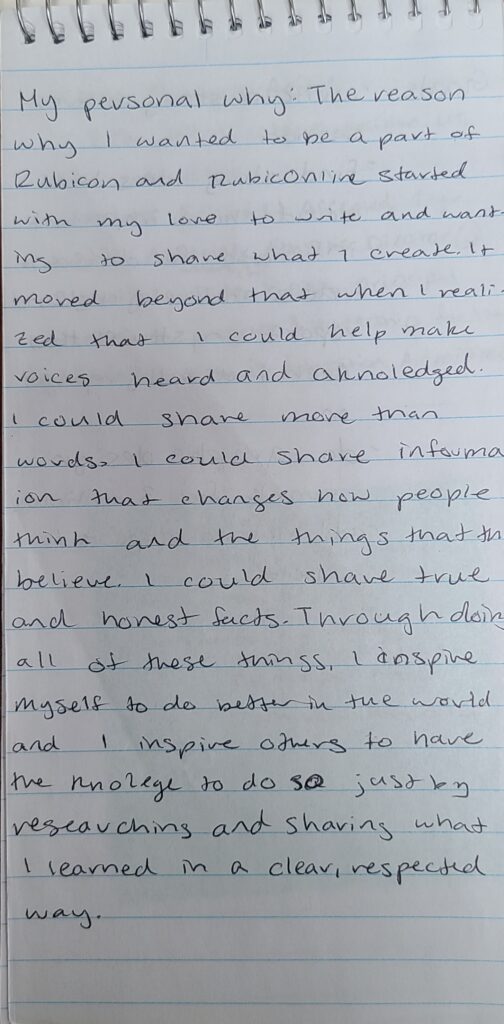
In ninth grade, I enrolled in the prerequisite for being on staff, Writing for Publication, because I wanted to pursue my passion for writing. Throughout middle school and the beginning of high school, I took creative writing classes on the weekends and always worked on short stories, poems, or novellas. I didn’t know what journalism entailed besides writing. The course taught me an entirely new side to published work. I realized that I get excited before every interview. I learned that there are stories everywhere, and I began to write down the ideas from everyday conversations.
Journalism balances creativity with timeliness, gives a voice to the voiceless and puts faces to abstract issues. Journalism is writing with a sense of necessity that I find motivating.
Below you will find ten of my most memorable and highest quality articles from the last four years.
Talking to experts
When COVID-19 shut down everything that I considered normal, there was so much about the situation that I didn’t understand. My first instinct was to reach out to professionals. I read the news constantly, learning how the world was changing and what risks were pertinent to my family and me. I would read a dozen articles from different sources and journalists, and I still would have questions. Fueled by my concerns and the curiosity of my peers and family, I was determined to find answers. I had the same response when George Floyd was killed in Minnesota, and protests began in my home state. Buildings that I drove by every day were covered in plywood. I didn’t interview and research to figure out what political side I was on. Instead, I turned to journalism to process what I saw happen in my community.
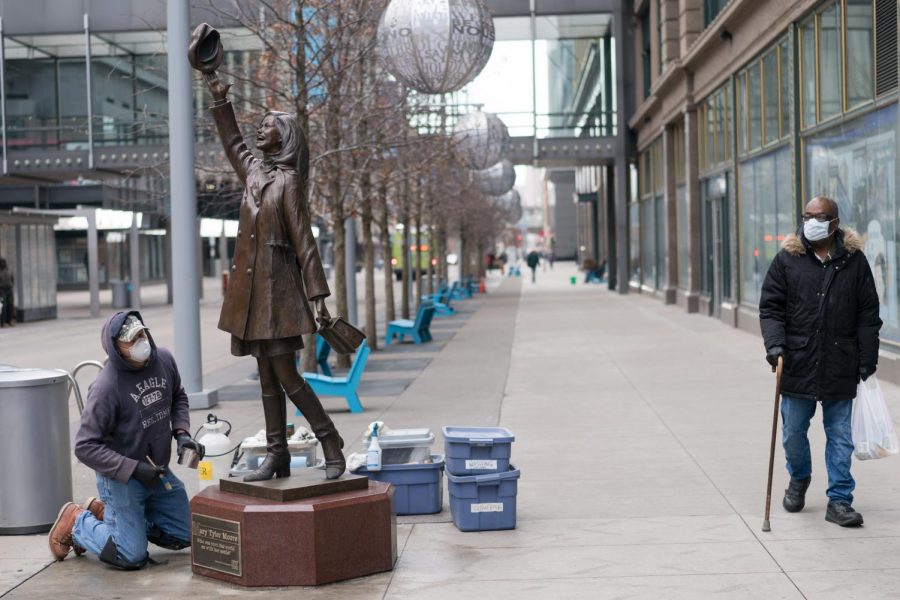
Doctor explains how outside affects social distancing
Published on Rubicon Online on May 17, 2020
Awarded Best of SNO on May 18, 2020
I first pitched the idea of interviewing a doctor about COVID-19 because I had questions about how essential masks were and how the virus transmitted when an infected person was outside versus inside. Reading professional news articles answered many of my questions about COVID-19, but I wanted to do my own investigation. I learned two primary lessons from producing this story. First, if I have questions about something that impacts my community, it’s up to me to seek answers and inform others. Second, you never know if a professional, whether they’re a doctor or a journalist, is willing to be interviewed if you don’t ask.
This article led to a follow-up interview later in the pandemic: COVID-19 vaccine challenge: injection logistics.
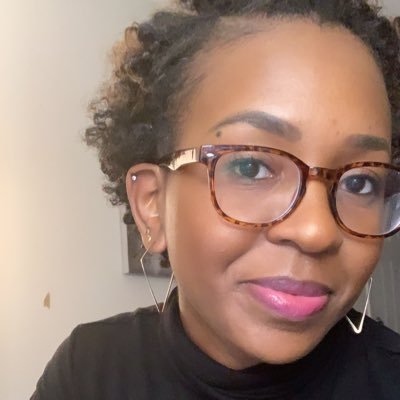
Hurting journalists while they report is unacceptable. King explains why.
Published on Rubicon Online on May 18, 2021
Awarded Best of SNO on May 21, 2021
Many of the professional journalists at the Yale Daily News Journalism Symposium gave contact information to the attendees, which I noted. Months later, I kept seeing articles about how police were arresting journalists during protests. I reached out to Maya King. I had followed her reporting on Black Lives Matter and found her session at the convention insightful. I asked if she would give me her perspective. It seemed apparent that harming journalists while covering a protest is devastating, but I didn’t comprehend the entire situation. I started with a list of interview questions. As she educated me on the processes that keep journalists safe, the interview became more of a conversation about how unusual the current events were.
Putting sports on a global scale
Balancing the sports section with high school and professional athletes was a Development Day idea from the sports editors during my first year as an editor. As a high school athlete who looked up to professional athletes, I loved the idea. Balancing the section creates a more accurate view of how readers view sports. People love to talk about their favorite professional athletes, predicting the turnout of the next game and debating who’s the best player on the team. Talking about professional sports on Rubicon Online was the best way to continue those conversations on our site.

An athlete, a social justice warrior… a role model for our generation
Published on Rubicon Online on February 27, 2021
Like most student-athletes, I keep up with my favorite professional athletes daily. When Naomi Osaka wore masks that named victims of racial violence at the 2020 U.S. Open match, I saw the impact she had on her Minnesotan fans. I decided to write the story because I heard the conversations between students at my school and how Osaka’s small actions made a difference in SPA’s community.
Breaking news
In my first year as an editor on staff, I was a news editor. I learned the importance of reporting on events as they happened and releasing stories in under 42 hours after the event. News changes its readers’ decisions and how they live their lives. Whether it’s class representative election results, exam schedules, changes to hybrid learning, power outages, or national events, news must be received by the community in a timely matter.
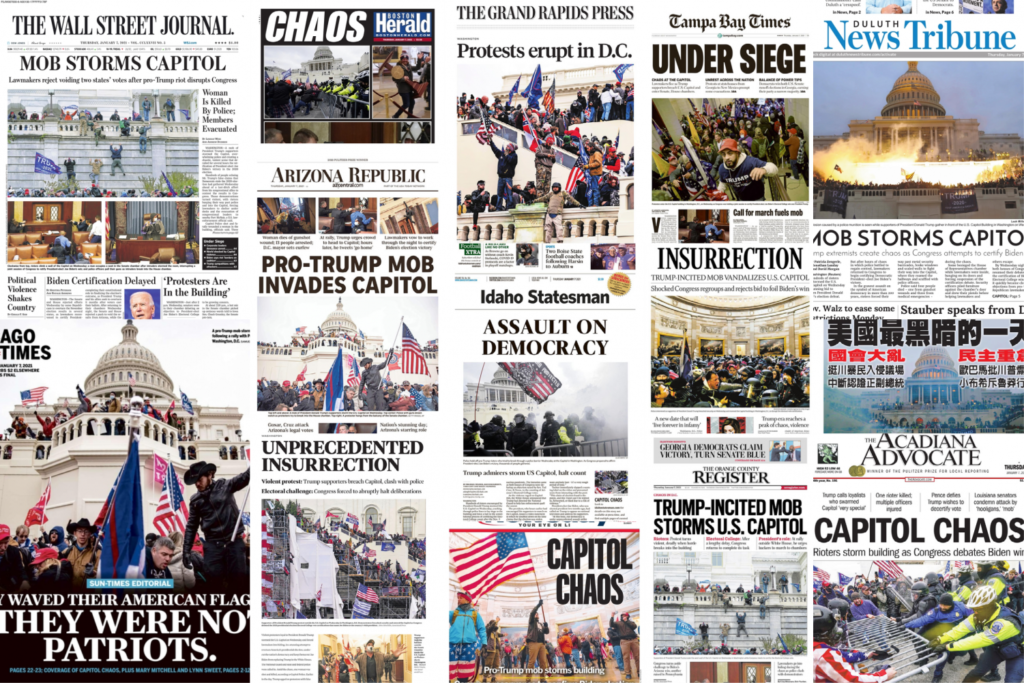
Trump supporters mob US capitol, disrupt electoral count
Published on Rubicon Online on January 7, 2021
2021 Ibid Yearbook
The insurrection at the U.S. Capitol was a shock to every student who found out about it when they were released from their last class on Jan. 6, 2021. I remember overhearing the news broadcast from the other room while attending English via distance learning. In this case, everyone knew that the event had happened when the News in Brief was published the next day. The information that our readers needed was what support was available to them through the school. When I think of the historical event, I remember researching for the article and the visual of front pages of newspapers collaged together, with bold headlines and American flags.
Conversations with the community
Sometimes the best story ideas come from hallway conversations and class icebreakers. Similarly, the stories that student publications need to report on are the shared experiences between dozens of students, especially those related to mental illness or trauma.
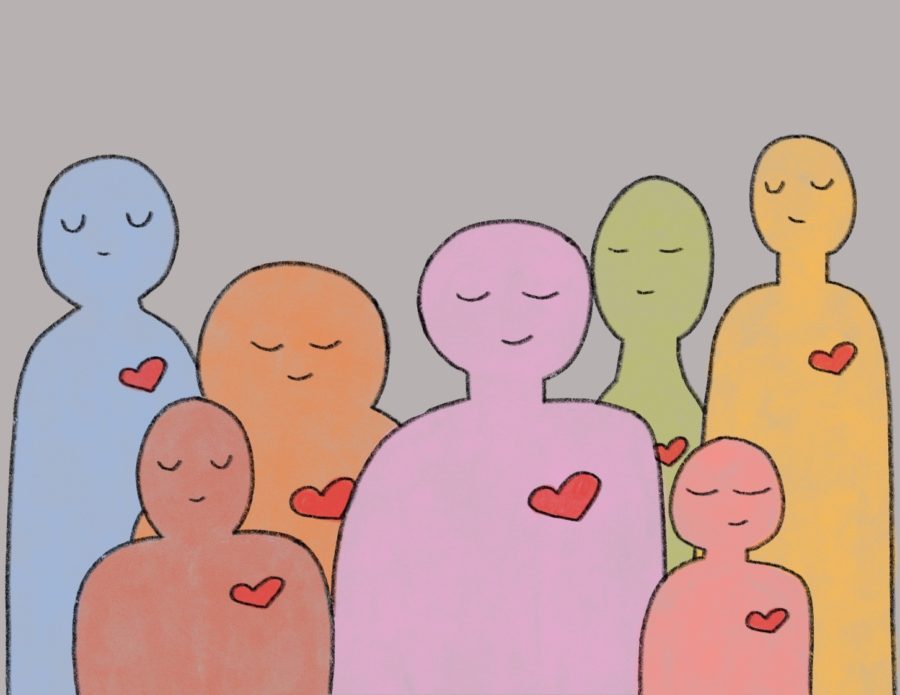
[STAFF EDITORIAL] Live a perfectly sized life and allow others to do the same
Published on Rubicon Online on May 17, 2021
Every editorial that I’ve written has been a learning process. I’m a believer that editorials should be complex and passionate. Maybe the topic is controversial, or the staff believes that the issue is so important that everyone should participate. There has to be a reason for the subject of an editorial to be chosen. The topic of eating disorders came out of conversations that I had witnessed over the few previous days. It was concerning that eating disorders seemed like an ordinary conversation for many in our community. My advisor coached me through writing on the topic and taught me the best way to write about the issue without causing harm to our readers.
The other editorials that I have written can be found here.
Environmental reporting
My four-year expedition of environmental reporting started because I pitched every climate change story I could brainstorm. At first, I was merely interested in how climate change impacted our community. Then, I fell in love with the research the topics forced me to pursue. Every article was a puzzle of historical and scientific facts or translating scientific articles to language the general public could comprehend. Environmental reporting was a topic that, if it wasn’t assigned to me, I was going to write about anyways. My continuous reporting on environmental issues sparked my Sustainability & Ethics monthly beat. I pitched the idea of creating a monthly series because I wanted to unify my environmental reporting under a specific name to make continuous coverage more organized. Over the next two years, the series covered everything from pipelines to popular coffee chains. All Sustainability & Ethics stories can be found here.
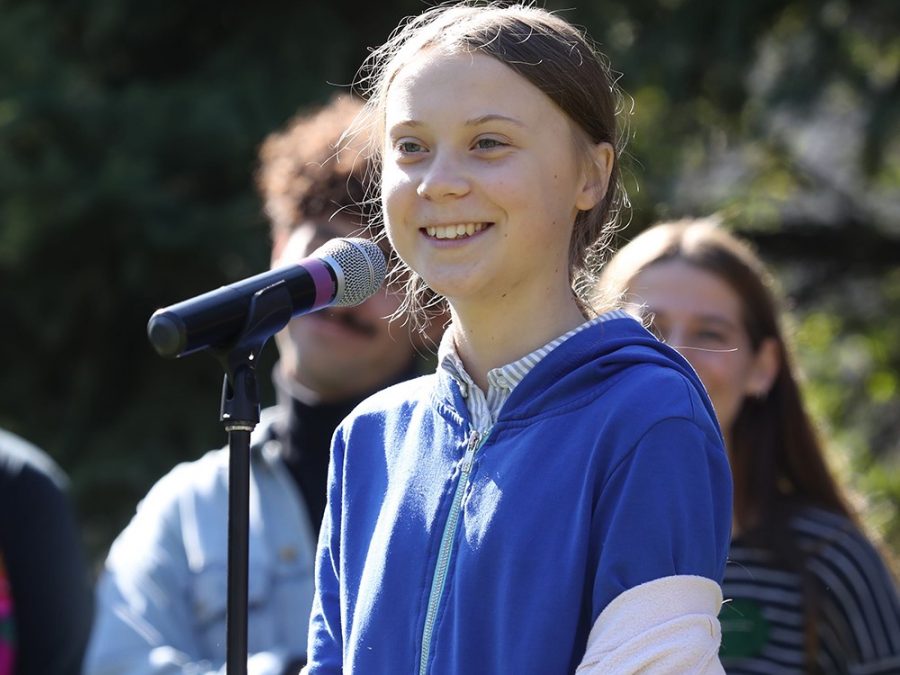
Greta Thunberg vs. the thousands of people who came before her
Published on Rubicon Online on October 9, 2019
Awarded Best of SNO on October 16, 2019
Of the dozens of stories I’ve written over the last four years, the article on Greta Thunberg is the most memorable one. When I signed up for it, I was confused about the idea. The more I researched and dug into the history of climate action, the more necessary the story seemed. When writing opinion stories, whether I agree with the opinion I’ve been assigned or not, I try to become passionate about some aspect of it. I write better when I have a stake in the idea. The more research I did, the more frustrated I became about how Greta Thunberg went viral, but none of the activists of color did. I still reference my research from this article frequently.
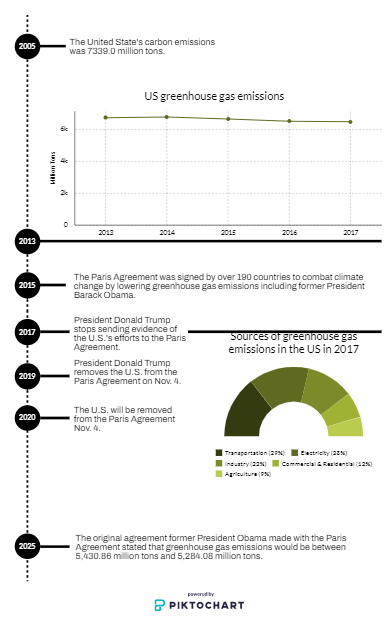
U.S. will officially withdraw from Paris Climate Agreement
Published on Rubicon Online on November 13, 2019
Awarded Best of SNO on November 13, 2019
As in most of the articles I pitch, the idea starts with a question. I read news stories saying that the U.S. will withdraw from the Paris Climate Agreement, but the first ten results on Google couldn’t tell me why it was important or why I should care. Digging deep into the topic and researching history and science could tell me why I should care and why others should know about it. I challenged myself to design a timeline because the dates seemed confusing in the story.

[SUSTAINABILITY & ETHICS] What’s in your Starbucks cup? Probably Slave Labor.
Published on Rubicon Online on September 23, 2020
Awarded honorable mention at Yale Daily News High School Journalism Symposium in the opinion article category in February 2021
Starbucks is everybody’s favorite coffee chain. Right? Starbucks’s ethics was an issue that I had followed for three years before I wrote about it. It started as fact-checking a rumor. Does Starbucks use child labor? My research led me to their equity practices. Why was their “fair use” certification different than Caribou’s certification? It was a rabbit hole of research that was difficult to piece together. In the end, the opinion came out sharp, eye-catching, and full of personality.
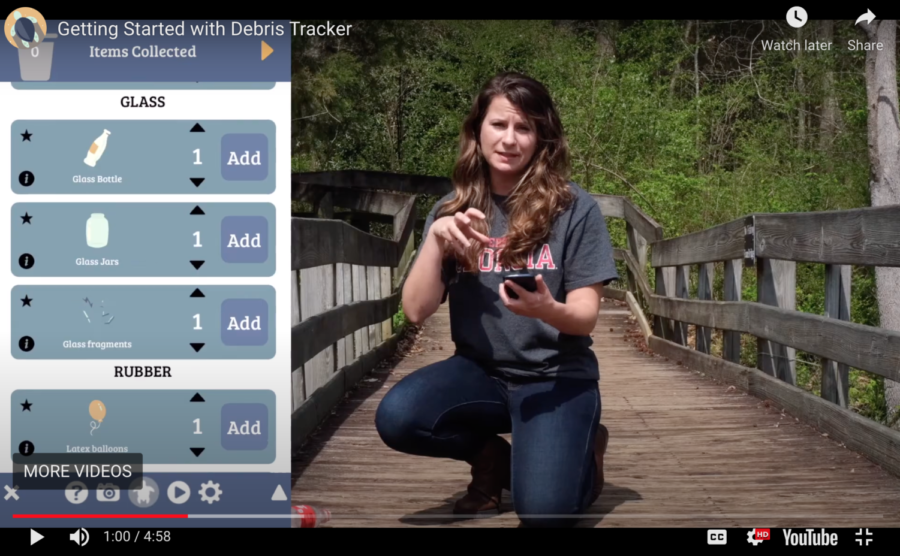
[SUSTAINABILITY & ETHICS] Reviewing the Marine Debris Tracker app
Published on Rubicon Online on May 15, 2021
I keep a running list of story ideas for the Sustainability & Ethics series. I added the Marine Debris Tracker app to the list because someone sent it to me, knowing that I would find it intriguing. The topic was different from anything else I had covered in the series. In fact, it was the first A&E story under the series title. Even though it was different, it made sense. If I was going to educate and explain why readers should care about the environment, I needed to give them a way to improve it.
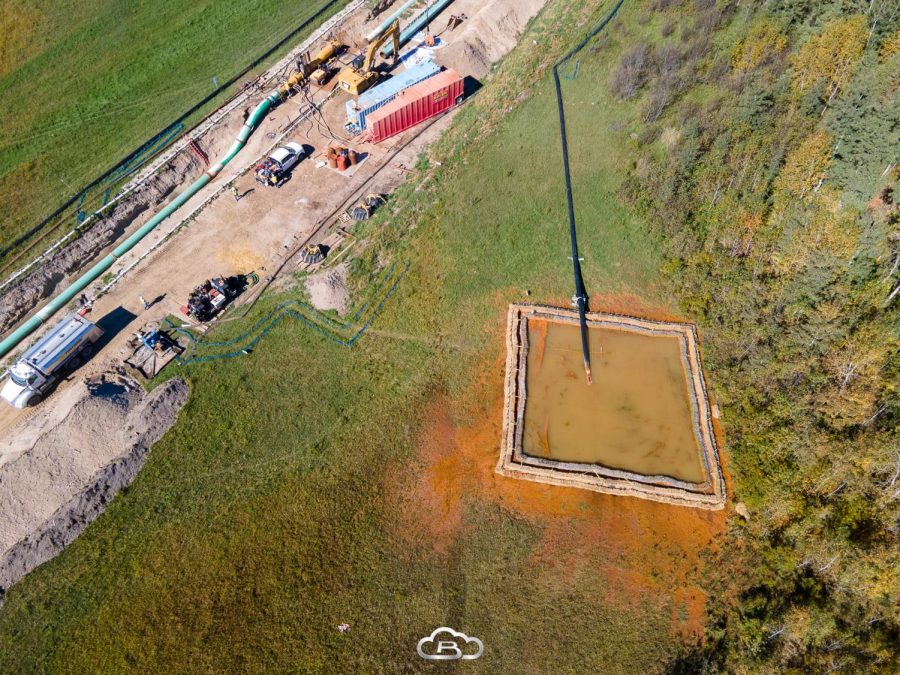
[SUSTAINABILITY & ETHICS] Line 3 in use, destruction arises
Published on Rubicon Online on October 11, 2021
Awarded Best of SNO on October 14, 2021
The damage caused by the construction of the Line 3 pipeline angered many in the SPA community. Seeing the headline come up on Star Tribune immediately sparked conversations amongst people who had followed the construction. I never expected the article to be controversial since I had reported on the Line 3 pipeline before. Other journalists on The Rubicon had also written articles mentioning its protests and construction prior. However, this article received a response from a Department of Natural Resources official. The response wasn’t positive, but fortunately, my advisor and principal supported me in the situation. I learned that a well-written and factually accurate article could spark positive and negative conversations.
This was continuous coverage, following: [SUSTAINABILITY & ETHICS] Line 3 brings up environmental issues of the past, present and future